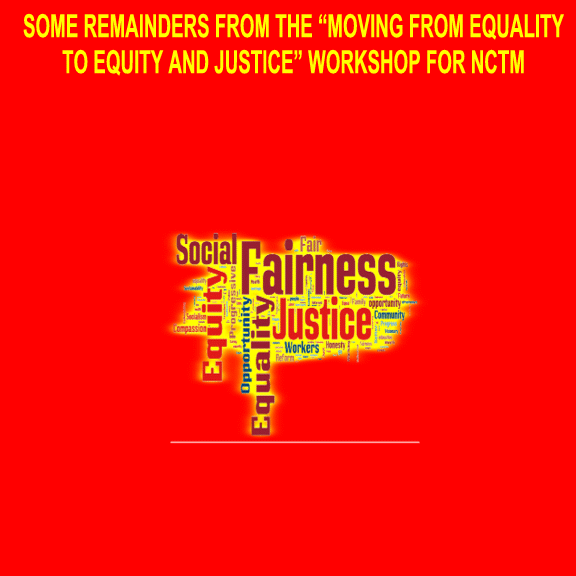The COVID-19 pandemic has changed education forever. This is how
- The COVID-19 has resulted in schools shut all across the world. Globally, over 1.2 billion children are out of the classroom.
- As a result, education has changed dramatically, with the distinctive rise of e-learning, whereby teaching is undertaken remotely and on digital platforms.
- Research suggests that online learning has been shown to increase retention of information, and take less time, meaning the changes coronavirus have caused might be here to stay.
While countries are at different points in their COVID-19 infection rates, worldwide there are currently more than 1.2 billion children in 186 countries affected by school closures due to the pandemic. In Denmark, children up to the age of 11 are returning to nurseries and schools after initially closing on 12 March, but in South Korea students are responding to roll calls from their teachers online.
Have you read?
With this sudden shift away from the classroom in many parts of the globe, some are wondering whether the adoption of online learning will continue to persist post-pandemic, and how such a shift would impact the worldwide education market.
Even before COVID-19, there was already high growth and adoption in education technology, with global edtech investments reaching US$18.66 billion in 2019 and the overall market for online education projected to reach $350 Billion by 2025. Whether it is language apps, virtual tutoring, video conferencing tools, or online learning software, there has been a significant surge in usage since COVID-19.
How is the education sector responding to COVID-19?
In response to significant demand, many online learning platforms are offering free access to their services, including platforms like BYJU’S, a Bangalore-based educational technology and online tutoring firm founded in 2011, which is now the world’s most highly valued edtech CONTINUE READING: The rise of online learning during the COVID-19 pandemic | World Economic Forum



















